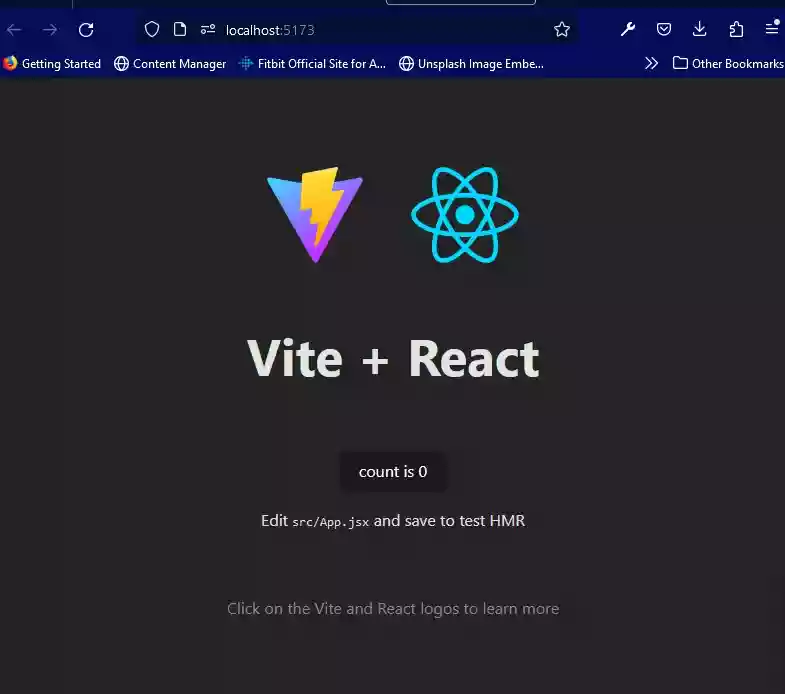Does ChatGPT Use the Internet?
ChatGPT, the AI language model developed by OpenAI, has gained significant popularity due to its remarkable ability to generate coherent and contextually appropriate responses.
While it usually performs admirably, it is important to note that ChatGPT may occasionally provide inaccurate information regarding people, places, or facts.

In this article, we will explore the sources of ChatGPT’s data, its limitations, and its relationship with the internet.
Understanding ChatGPT’s Data Acquisition
ChatGPT is trained on an extensive dataset of text and code sourced from the internet. This dataset encompasses a wide range of information, including books, articles, code repositories, and social media posts.
When you interact with ChatGPT by posing a question or providing input, it leverages this vast dataset to retrieve the relevant information needed to generate a response.
But, it is essential to recognize that ChatGPT’s knowledge is limited to the information available in the dataset up until its knowledge cutoff date, which is September 2021 for the current version.
Read more on: Where Does ChatGPT Get Its Data From?
Does ChatGPT Have Direct Access to the Internet?
By default, ChatGPT does not possess direct access to the internet. It operates as a software program running on servers owned and maintained by OpenAI.
When you interact with ChatGPT, your messages are transmitted to OpenAI’s servers, where they undergo processing by the model’s algorithms.
Subsequently, a response is generated and transmitted back to you via the internet. While ChatGPT itself does not have direct internet access, its operation relies on the internet infrastructure.
Enabling Internet Access for ChatGPT
1. WebChatGPT Plugin and Internet Access
Although ChatGPT itself does not have internet access, there is a third-party plugin called WebChatGPT that enables internet searching and browsing capabilities.
The WebChatGPT plugin, available as a Chrome and Firefox extension, enhances ChatGPT’s functionality by providing users with additional web results during conversations. These web results can contribute to more accurate and up-to-date responses.
2. OpenAI Plugins and Future Developments
OpenAI is actively working on developing plugins that will enable ChatGPT to access and process information directly from the web or internet.
One notable plugin called WolframAlpha allows ChatGPT to provide responses to complex mathematical problems using up-to-date information.
It is important to note that these plugins are currently available exclusively for premium users who have subscribed to ChatGPT Plus.
Updates and Advancements in ChatGPT
ChatGPT has undergone a series of upgrades and improvements since December 2022. OpenAI has introduced new features to enhance user experience, including the ability to view past conversations and rename saved conversations.
- In January 2023, the model gained the functionality to halt response generation, along with improved factuality across various topics.
Additionally, ChatGPT acquired mathematical capabilities in late January 2023, enabling it to handle mathematical queries more effectively. - In February 2023, OpenAI introduced different versions of ChatGPT, offering users the choice between the standard model and an optimized version called “turbo.”
These variations provide users with flexibility in terms of performance and responsiveness. - Furthermore, on March 14, 2023, OpenAI announced GPT-4, a more advanced model featuring enhanced reasoning, the ability to handle complex instructions, and increased creativity.
Subsequently, in late March 2023, experimental support for AI plugins was introduced, encompassing browsing, code interpretation, and third-party plugins. - In May 2023, OpenAI released additional features, granting users the option to disable chat history and export their data.
Furthermore, beta features for several plugins were made available, allowing users to explore and benefit from a broader range of functionalities.
Conclusion
ChatGPT is a powerful AI language model that has made a significant impact on the internet. While it primarily relies on its pre-trained dataset, which includes text and code from the internet, it does not have direct access to the internet during response generation.
However, with the introduction of plugins like WebChatGPT and ongoing developments by OpenAI, ChatGPT’s ability to access and process information from the web is gradually expanding.
These advancements offer users more accurate and up-to-date conversations while unlocking new possibilities for AI language models.
FAQs (Frequently Asked Questions)
- Is ChatGPT always accurate in providing information? ChatGPT strives to generate coherent and contextually appropriate responses, but it may occasionally produce inaccurate information. Users should exercise critical thinking and verify information from reliable sources.
- Can ChatGPT browse the internet by default? No, ChatGPT does not have direct access to the internet by default. It relies on a pre-trained dataset of text and code stored on servers owned and maintained by OpenAI.
- What is the WebChatGPT plugin, and how does it enhance ChatGPT’s capabilities? WebChatGPT is a third-party plugin available as a Chrome and Firefox extension. It allows ChatGPT to search and browse the web for information during conversations, providing users with additional web results and enhancing the accuracy and up-to-dateness of responses.
- Is OpenAI plugins available to all users? Currently, OpenAI plugins are only available for premium users who have subscribed to ChatGPT Plus.
- What are some recent updates and enhancements to ChatGPT? Since December 2022, ChatGPT has undergone several upgrades and improvements.
These include features like the ability to view past conversations, rename saved conversations, improved factuality across various topics, mathematical capabilities, and the introduction of different versions of ChatGPT, such as the “turbo” version.
OpenAI has also announced GPT-4, which offers advanced reasoning, complex instruction handling, increased creativity, and experimental support for AI plugins.
Please note that the information provided in this article is accurate as of May 2023 and is subject to further developments and updates.





